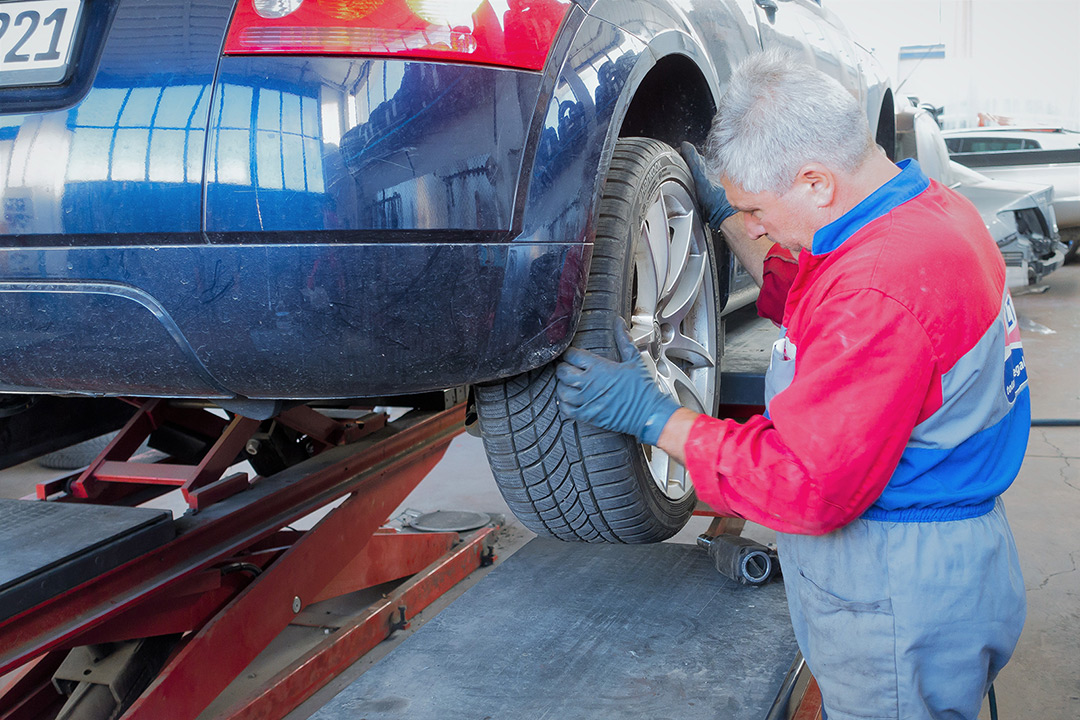What to Do If Your Car Fails its MOT

Image source https://pxhere.com/en/photo/685629
Your phone rings. You answer: "Hello."
You’re greeted by a monotone voice on the other end; you’ve been dreading this moment all day.
“It’s failed.”
Two words that motorists fear once a year. And yet roughly 40% of cars fail their MOT test at the first attempt. [1]
But what do you need to do if your car fails its MOT? Read on to find out your rights and requirements.
Why might your car fail its MOT?
MOT test guidelines mean that defects or faults to any of the following checks can result in a failed test:
- Vehicle identification
- Registration plates
- Brakes
- Wheels and tyres
- Lights and lamps
- Steering and suspension
- Windscreens, wipers, washers and driver visibility
- Audible warnings (horn)
- Seat security, seatbelts and interior safety
- Fuel systems
- Exhaust emissions
- Bodywork integrity
- Mirrors and doors
Under the new MOT test guidlines, there are two failure categories:
- Major faults, which mean the vehicle is unsafe and/or presents a risk to other road users or the environment
- Dangerous faults, presenting a direct risk to road safety and/or the environment, requiring urgent repair before being driven on the road
Can you appeal against a failed MOT?
If your vehicle has failed its MOT when you think it should have passed, you can submit an appeal via the Driver and Vehicle Standards Agency (DVSA). The appeal should be submitted within 14 days of the test, before any repairs are made.
The DVSA may decide to recheck your vehicle, which will require you to pay the full test fee. You’ll receive an inspection report detailing any defects and faults to the vehicle.
Similarly, you can contest the decision if you believe your vehicle has passed when it shouldn’t have.
Can you drive a car with a failed MOT?
According to Gov.uk [2], you can drive your vehicle with a failed MOT test under two circumstances:
- You are removing the vehicle to have any defects and faults fixed ahead of a retest
- You are driving the vehicle to a pre-arranged MOT appointment
The only stipulation is that the vehicle must meet the minimum standard of roadworthiness. This means that a car that’s failed with a dangerous fault under the updated MOT guidelines can’t be driven, as it is deemed unroadworthy.
What are the rules and fees for MOT retests?
If your car fails its MOT, you have a couple of options. The decision you make will determine whether or not you have to pay for a retest.
First, you can leave your car at the test centre for repair (provided they offer repairs as well as testing facilities). If the fault is repaired within 10 working days, you are entitled to a free partial retest.
Alternatively, you can take your vehicle away to be repaired. You may wish to have the repairs done at a garage you trust to do the work, or perhaps even do it yourself. However, you’ll need to return the car before the end of the next working day to get a free partial retest.
You can actually bring it back within 10 working days for a partial retest, but you may be charged a fee for this. If you return the vehicle after 10 working days, you will have to pay for a full retest on the vehicle.
How to avoid failing an MOT test
It’s important to think about the MOT as a check of your car’s roadworthiness, rather than a test to find out what’s wrong with it.
You should ensure your car is looked after and in good working order all year round. You can do this by carrying out regular checks of tyres, bodywork, lights, fluid levels, windows and mirrors.
If yours is due, you can book an MOT with selected fitters at Tyresavings.com. And don’t forget to sign up to our mailing list for our latest updates, car care tips and driving guides.
[1] Driver and Vehicle Standards Agency. “Reasons why your car fails an MOT”. Gov.uk, 2016, https://www.gov.uk/government/news/reasons-why-your-car-fails-an-mot
[2] Driver and Vehicle Standards Agency. “Getting an MOT”. Gov.uk, Undated, https://www.gov.uk/getting-an-mot/after-the-test

